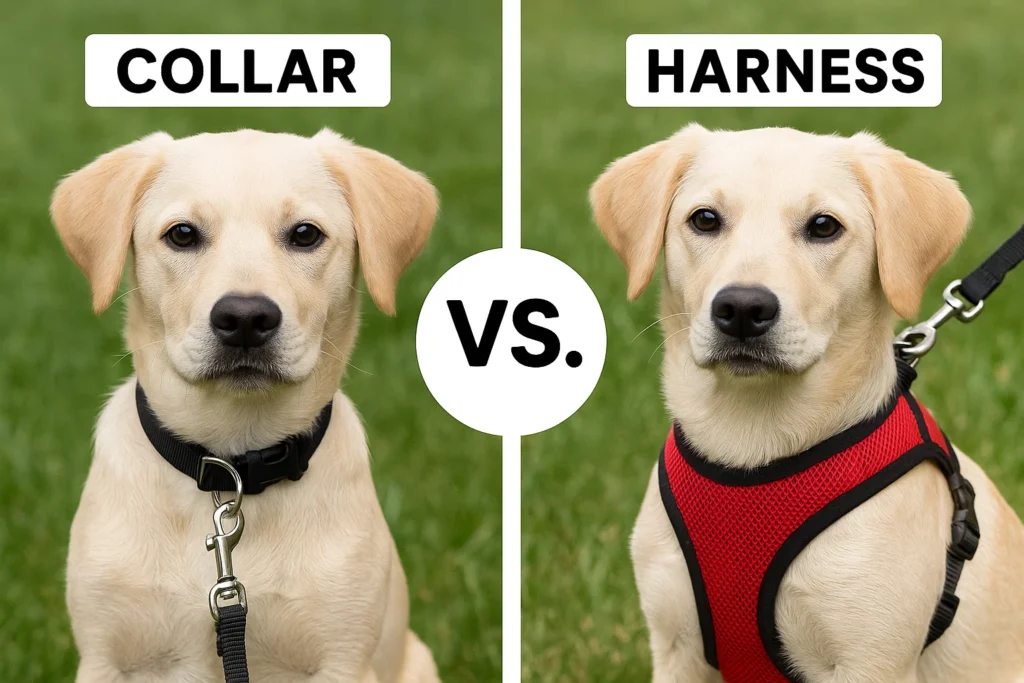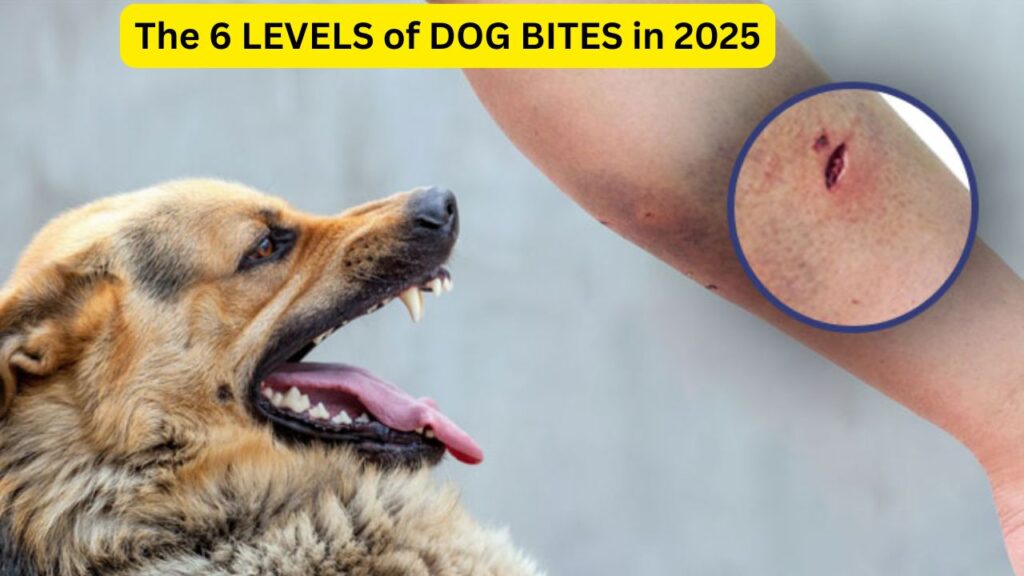
The way our dog barks can tell us a lot about how they’re feeling, they can bark excitedly as we return through the door, bark defiantly at another dog in their territory, or bark suspiciously at something they see in the bushes. While all these will depend on the context, when a dog loses their bark altogether, we need to consider their health, this is why animal wise finds out why your dog has lost their voice or become horsearse.
How to Know It’s Time Has Come For Your Dog To Die 2025
Why does a dog lose their voice?
Although they cannot form the same words and phrases we can, the dog has their own voice and it functions in essentially the same way, also known as the voice box their larynx controls their airways which lead to the trachea and lungs. It has many purposes including stopping food from entering the lungs and aspirating the dog, it also has vocal folds which contract and relax as air passes through them to create specific sounds.
This includes a dog’s bark as well as howling growling or even yodelling, in some cases a dog loses their ability to create these sounds when there is some damage to the larynx. Whether due to damage paralysis or temporary inflammation the larynx can stop working effectively, it is rare for a dog to lose their voice completely but they can easily develop an issue which causes them to become horsearo or results in some other change to their normal vocalizations.
Reasons a dog’s bark changes
While the changes to the larynx result in the dog’s voice becoming hoarse or losing their voice altogether, these are symptoms of various underlying causes, some of the most common include.
- Laryngitis: infections, respiratory illness, pneumonia.
- Excessive barking: trauma, poor socialization, stress.
- Laryngeal paralysis: genetic, hypothyroidism, neurological disorders.
- Trauma: accidents, fights, falls.
- Toxic substances or foreign bodies: corrosive ingestion, swallowed objects.
- Gastrointestinal disease: acid reflux, gastric acid burn.
- Tumors: mucosal polyps, possible cancer.
Laryngitis
Okay, this is also technically a symptom, it is a general term for the inflammation of the voice box and has many causes, but the most common are infections. These include common respiratory infections which clear themselves in only a short time, they can also be more serious infections such as pneumonia, making a change in the dog’s bark something we cannot ignore. Treatment will be based on the cause, such as antibiotics for bacterial infection, these will be prescribed as needed.
Excessive barking
Another reason a dog’s larynx becomes inflamed is due to excessive barking, there may be extenduating circumstances which cause a dog to bark excessively such as experiencing some sort of trauma. In the majority of cases, they have not been properly socialized, this is because the dog needs to associate stimuli appropriately to make them feel more secure and so they won’t bark at anything that moves. This can develop over time, and lead to hoarseness.
Laryngeal paralysis
It is not only inflammation or infection which affects the larynx, in some cases it cannot function properly because it becomes paralyzed. It is often difficult to know the exact reason for its cause, but we know there is a genetic influence since it most commonly affects large dogs. It is also more common in senior animals, in addition to genetic influence underlying medical conditions such as hypothyroidism neurological disorders or cancers can influence this condition.
Trauma
If a dog has been in an autoc collision fall or fight with another dog, it might result in damage to the larynx. Healing of the larynx as they recuperate should return their bark, but it’s possible it can cause damage that alters their voice permanently. In such cases, professional examination is needed, this can guide proper treatment.
Toxic substances or foreign bodies
If the dog ingests something they shouldn’t, it can pass over the larynx and cause damage in this way. If the substance is toxic or corrosive, it can hurt the laryangeal mucosa, if it is a foreign body trying to swallow it can damage the larynx on the way down. These can leave lasting effects, and worsen their voice.
Gastrointestinal disease
If the dog eats something they shouldn’t or they develop a gastrointestinal infection, it can cause problems such as acid reflux. Gastric acids can emerge from the stomach and essentially burn the larynx as it does so, resulting in changes to their vocalizations. This requires veterinary attention, and possible treatment.
Tumors
Tumors can appear almost anywhere in the dog’s body including the larynx, polyp are types of tumor which appear on the mucosa of the larynx. While often benign, they can become cancerous over time, another reason we should find out why a dog has lost their voice. Before we look at what to do if your dog loses their voice, we share a video on the card above explaining how to help a dog’s throat at home.
What to do if a dog loses their voice
You will need to determine the cause and looking at the context is a good start, for example if you know they have been barking all night and the next morning they are horsearse this is likely the cause. If they are showing other signs of sickness such as refusing to eat or coughing up mucus, it might be a sign of an infectious disease. If symptoms persist for more than 24 to 48 hours or they get worse, you’ll need to speak to a veterinarian for diagnosis and appropriate treatment. If you have any stories about your dog losing their voice, share your experience in the comments, we’ll see you next time.
Overview Table
| Cause | Effect on Voice | Notes |
|---|---|---|
| Laryngitis | Hoarseness, temporary loss | Often infection-based |
| Excessive barking | Strain, inflammation | Linked to trauma, poor socialization |
| Laryngeal paralysis | Weak or absent bark | Genetic, common in large/senior dogs |
| Trauma | Altered or lost bark | Accidents, fights, collisions |
| Toxic substances/foreign bodies | Damage, hoarseness | Corrosive or physical injury |
| Gastrointestinal disease | Acid burn on larynx | Often from reflux |
| Tumors | Hoarse, blocked, lost voice | Benign or cancerous growths |
FAQs
Q1. Why does a dog lose its voice?
Because of damage, paralysis, inflammation, or underlying disease.
Q2. Can excessive barking make a dog hoarse?
Yes, prolonged barking strains the larynx.
Q3. What is laryngeal paralysis?
It is when the larynx cannot function properly, often genetic.
Q4. Can trauma affect a dog’s bark?
Yes, collisions, falls, or fights may damage the larynx.
Q5. Can tumors cause voice loss?
Yes, polyps or tumors in the larynx may block or alter sound.
Q6. What role does gastrointestinal disease play?
Acid reflux can burn the larynx, causing vocal changes.
Q7. What should I do if my dog loses their voice?
Check the context, monitor symptoms, consult a vet if it persists.
Q8. Is laryngitis serious in dogs?
It can be mild but may also signal serious infection.
Q9. Do older dogs lose their bark more often?
Yes, especially from conditions like laryngeal paralysis.
Q10. When should I see a vet?
If symptoms last beyond 24–48 hours or worsen.






